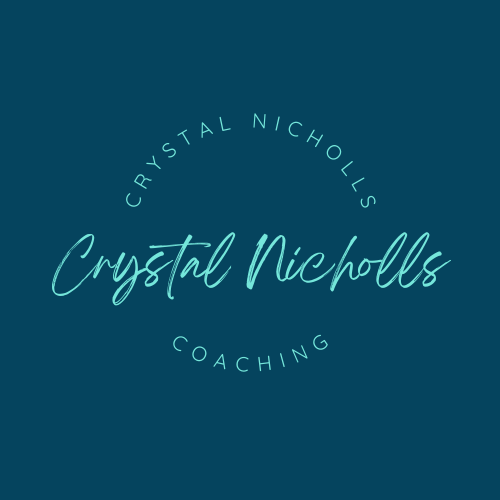Redefining My Relationship With Dance
As a little girl I loved dancing around the house. I would play my favourite mixed CDs, put on my headphones, and sing and dance to each song, pretending I was in a music video. I could see it clearly in my mind: the set, costumes, and choreography.
My sisters and I used to create concerts for our parents. We would choreograph entire routines to select songs, then we would raid our mum’s closet to find costumes. We printed programmes so they could follow along. Makeup was a must, and hair was always styled. We would make them sit in the living room with their programmes, while they watched us perform to hits like “Baby One More Time”, and the X Files theme song.
We did this for the fun of it. We did it to express ourselves. Being perfect or correct didn’t matter. I don’t remember any of the routines, or if we got them right, but I remember laughing and enjoying myself the entire time, feeling proud of what we created together.
I loved performing then and I love it now.
But what happens when the thing you love becomes your means of survival?
Dr. Michael Gervais, a high performance psychologist, says this can be an effect of identity foreclosure. He explains that when a young child discovers a skill they excel at, they stop exploring, thereby foreclosing other possibilities. They create an entire identity around this one skill.
He goes on to say that as the child gets older, when they perform the activity that matters to them, the same parts of their brain responsible for survival light up, because the survival of their identity now depends on this activity.
This activity, for me, is dance. I discovered I was skilled at dance at a young age, and I created an entire identity around it. This isn’t necessarily bad. To be a professional dancer, dedication and a kind of tunnel vision are required in order to be at the top of an overly competitive field.
But there were times when an injury, or not landing the job, led to an identity crisis. If I am unable to dance because of an unforeseen circumstance, then who am I?
This adds more pressure on me in auditions, classes and performances. It makes me tighten up, which cuts me off from the training I worked so hard to achieve.
Is there is a way to be a successful dancer in a more healthy and balanced way?
Dr. Michael Gervais suggests finding ways to not identify with just one thing, even when we are already extraordinary. He also suggests reinforcing the fact that who we are is not defined by what we achieve.
Let’s look at some ways we can all do this, no matter what careers we have identified with:
Explore, Explore, Explore
Finding new activities to do, even ones we never pictured ourselves doing. We don’t have to be good at everything. Learning new things will create a sense of wonder and awe in our lives.
Making Ourselves Into Zero
“When you can make yourself into zero, then your power is unbelievable. You are an irresistible force”.–Baba Ram Dass.
According to Baba Ram Dass, “making yourself into zero” means we unidentify with our labels. One way to experience this is practicing meditation. As we go deeper into our practice, we get a sense of being part of everything, rather than clinging to one idea of who or what we are. We focus more on being, and less on doing.
Don’t forget to play
Let’s listen to our CDs and dance around the house, just like we did as kids, for the fun of it. No matter how busy we are, we can find time to do what we did before we grew up and had bills to pay.
What are some of the things you do to make you more well-rounded and balanced?
